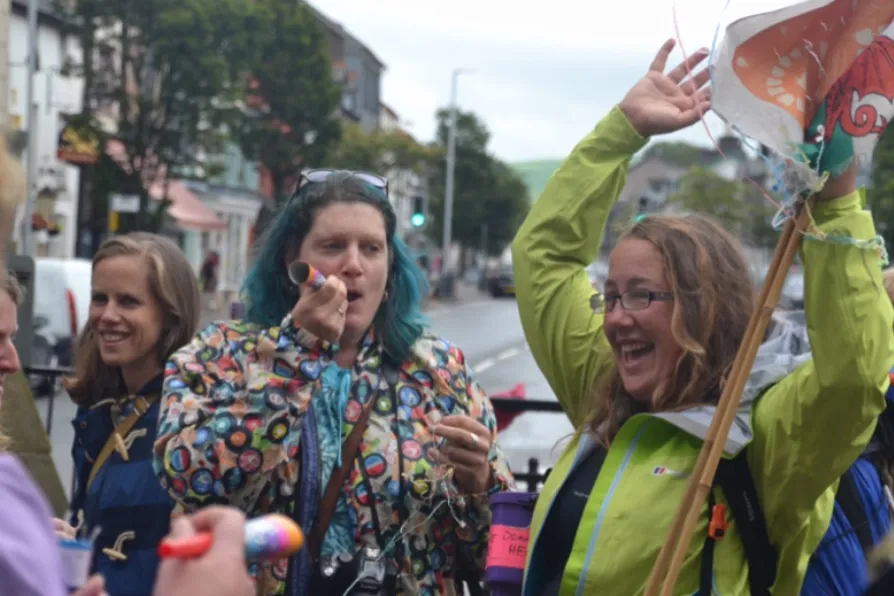The NEU kept children and teachers safe during the pandemic, yet we are disgracefully slandered by the politicians who have truly failed our children by not funding a proper education recovery programme — here’s what is needed, explains KEVIN COURTNEY

 Ursula Martin (right) at the finish line
Ursula Martin (right) at the finish line
THE list of things that conspire to make me an incipient Grumpy Old Woman grows longer, especially around March 8.
The insistence on “celebrating,” for one. We don’t have equal pay! Cause for complaint, rather than celebration, I think.
And another thing, people who “battle” illness, especially cancer. They’re always brave, they’re always fighters, they “overcome” or they “lose the fight.”

LYNNE WALSH reports from the Women’s Declaration International conference on feminist struggles from Britain to the Far East

Caroline Darian, daughter of Gisele Pelicot, took part in a conversation with Afua Hirsch at London’s Royal Geographical Society. LYNNE WALSH reports

This year’s Bristol Radical History Festival focused on the persistent threats of racism, xenophobia and, of course, our radical collective resistance to it across Ireland and Britain, reports LYNNE WALSH

LYNNE WALSH previews the Bristol Radical History Conference this weekend














